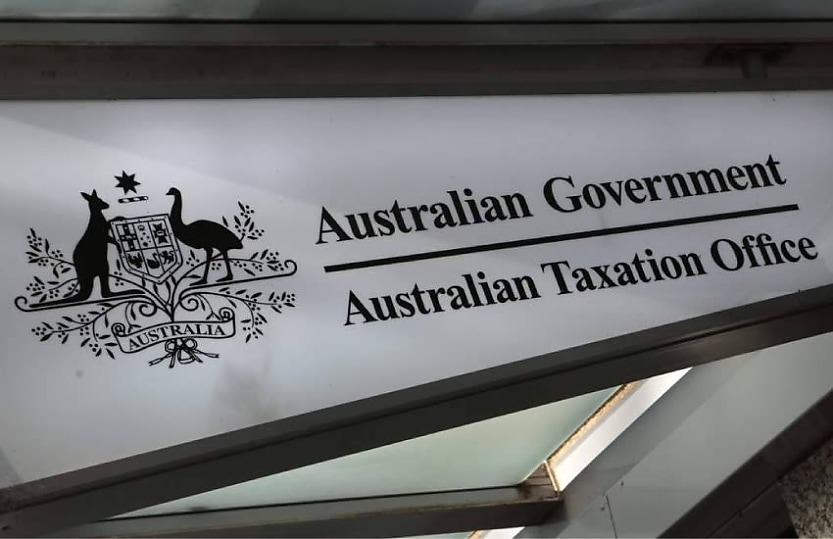ATO clarifies interaction between Pillar Two and other corporate taxes

The ATO has provided clarification on the interaction of new anti base-erosion laws with Australia's corporate tax system.
Amendments to the Multinational-Global and Domestic Minimum Tax (Consequential) Act 2024 have altered specific Australian cross-border tax provisions, the ATO says.
These included provisions concerning foreign income tax offsets, controlled foreign companies, hybrid mismatches and foreign hybrids.
Australia has agreed to implement OECD Global Anti-Base Erosion Model Rules (GloBE Rules), which aim to crack down on multinational profit shifting and tax avoidance.
Under this framework, Australia has introduced a new foreign income tax offset (FITO) rule that alters the amount of domestic minimum top-up tax (DMT) an entity is treated as having paid.
“To the extent you satisfy the usual eligibility criteria and integrity rules, a FITO may be claimed in respect of foreign domestic minimum top-up tax (DMT) paid on income included in your Australian assessable income,” the ATO said.
“The amount of the FITO allowed in respect of foreign DMT taxes is subject to an additional safeguard.”
The purpose of a FITO is to provide tax offsets to multinational companies which have already paid tax in another country, offering them relief from paying “double tax” on their foreign and worldwide income.
However, under new FITO rules, the Tax Office would consider whether a firm had genuinely paid the foreign tax or received tax offsets or credits from the foreign jurisdiction they operated.
For example, if an entity received a foreign refundable tax credit that exceeded their income tax liability, the DMT they are treated as having paid already could be reduced in the ATO’s view.
It could also be reduced by consideration received for the transfer of a transferable tax credit to which an entity was entitled in respect of a foreign income tax of that jurisdiction, the ATO said.
Cash (or cash-equivalent amounts) recognised as government grants under international accounting standards could also reduce the amount of DMT an entity is treated as having paid, as well as a benefit of a kind specified by the minister in respect of a specified jurisdiction.
Overall, the updated FITO integrity rule is part of the Australian government’s participation in OECD agreements, which combat base erosion and tax avoidance and aim to enforce a global minimum tax rate.
The new integrity component has complemented the existing FITO integrity rule, which reduces the amount of foreign income tax an entity is considered to have paid when it is entitled to foreign income tax refunds or other benefits.
The new laws would also interact with controlled foreign company rules (CFC rules), which attribute foreign income earned by a foreign company back to Australia in certain circumstances.
The ATO said that tax imposed under CFC tax regimes (including Australia) would be taken into account when calculating the effective tax rate of a jurisdiction for Pillar Two purposes.
Furthermore, foreign DMT, income inclusion (IIR) and undertaxed profits (UTPR) taxes would be excluded from the meaning of “subject to tax” for CFCs and transferor trusts located in certain jurisdictions. This would also impact whether certain income would be considered eligible designated concession income, and therefore taxed in Australia.
The ATO said that taxpayers would be precluded from notionally deducting foreign IIR tax and UTPR tax in calculating attributable income, while deductions may be available for payments of foreign DMT tax.
Existing hybrid mismatch rules and foreign hybrid rules would broadly continue to operate unaffected by the Australian global and domestic minimum tax rules, the Tax Office said.
About the author

